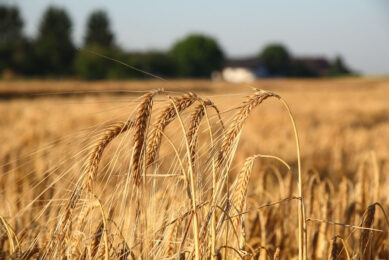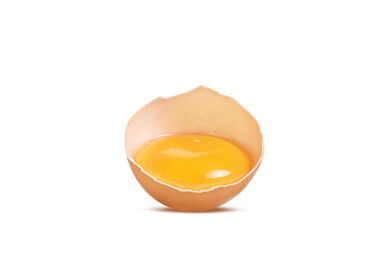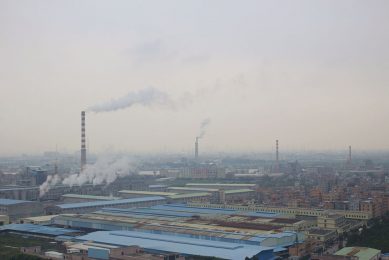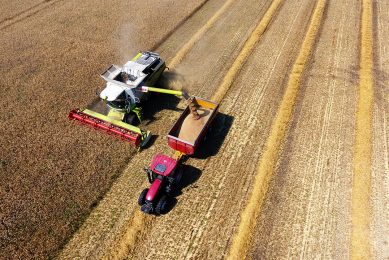China denies it approved GM grain planting
China will accelerate development of its own genetically modified crops, seeking to secure food security and international competitiveness, Reuters reported an official from the country’s Ministry of Agriculture as saying.
The official from the Ministry’s biosafety administration office also denied reports that China had already approved imported GM grain seeds for widespread planting.
"The Ministry of Agriculture has never approved any genetically-modified grain seeds for planting in the country, and there are no GMO grain crops being planted within the country," said the official, adding that the GM cotton, soy, maize and rapeseed approved for import into China were "restricted to use as raw materials for processing," but not for planting, said the official.
But the official also described hopes that China will be a leading player in international competition to create and grow its own GM crops that are resistant to pests and diseases.
"Accelerating technical research on GM crops and their application and healthy development will provide a vigorous scientific support for the sustainable development of China’s agriculture," said the official. He also stated that the development of GM strains was important for both international competitiveness and ensuring China’s food security.
Insect-resistant rice
China approved the safety of the insect-resistant Bt strain of rice and phytase corn last November, opening the door to widespread planting of the GM grain crops, within about 3 years.
A survey conducted by the Chinese Academy of Sciences (CAS) showed that Bt rice could cut pesticide use by as much as 80% and save labour costs for farmers, boosting net income by $72 per hectare.
Crops approved for field trials
More than 20 GM crops have been approved for field trials, including wheat, soybean and rapeseed, according to the CAS report.
China’s largest feed mill, the New Hope Group, said the company was supporting GM corn, which could help China produce enough grain to meet rising demand for animal protein.
"I think GMO technology is a good thing… It can resolve the problem of grain supply for food, for animal feed and industry on limited farmland," said its chairman, Liu Yonghao. "We have no choice, either we import large quantities of corn or grow GM corn. I think the government will choose to grow GMO corn."
Source: Reuters











